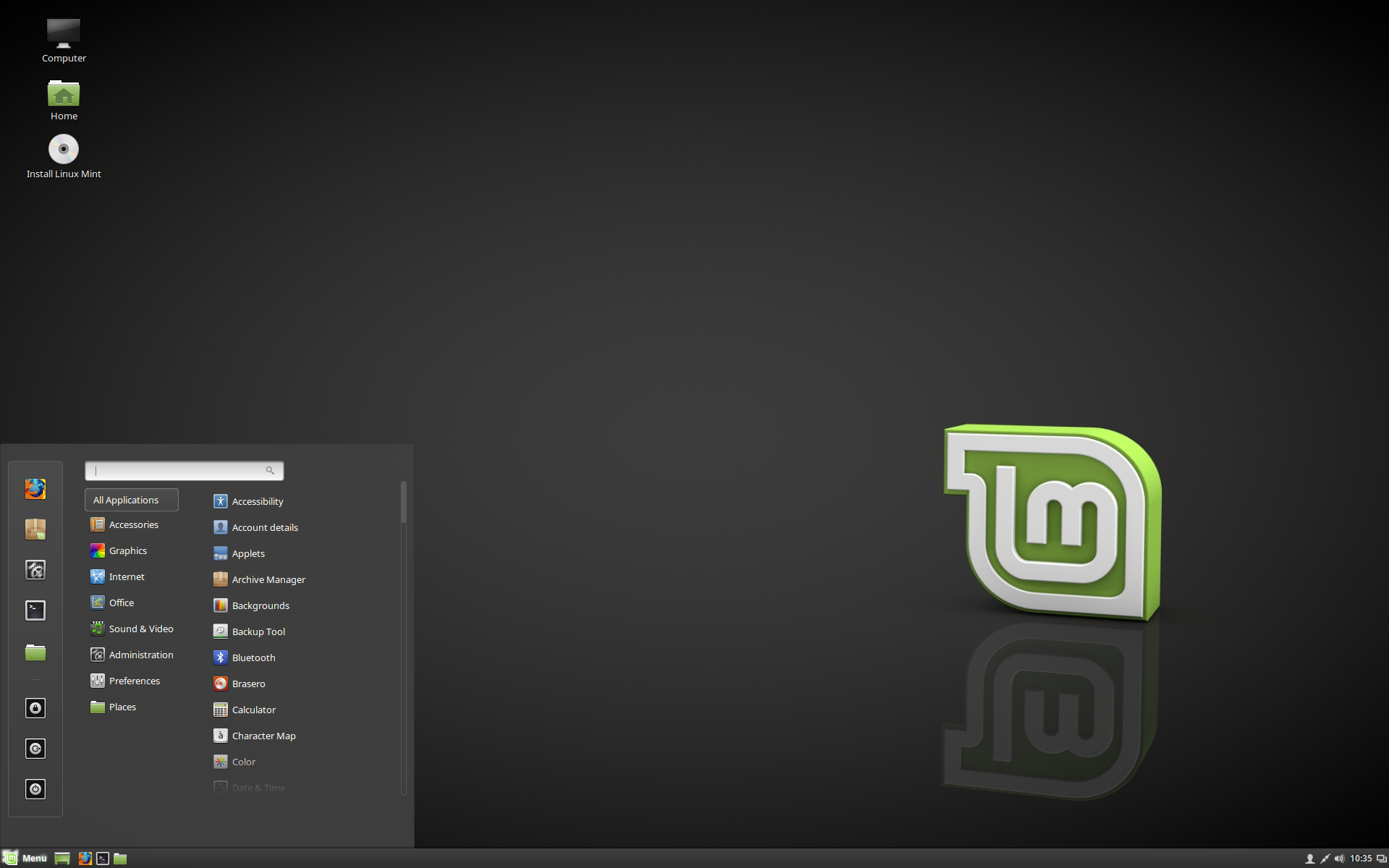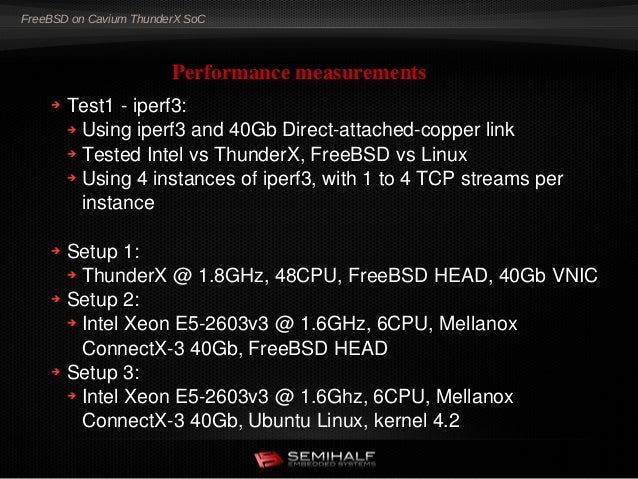Linux Ubuntu Deutsch Chip


Ubuntu is a computer operating system originally based on the Debian GNU/Linux distribution and distributed as free and open source software. It is named after the Southern African philosophy of Ubuntu ('humanity towards others'). Ubuntu is designed primarily for desktop usage, though netbook and server editions exist as well.
Mar 03, 2015 Download: Linux Live USB Creator - In diesem Praxistipp zeigen wir dir, wie einfach du Ubuntu auf einem USB-Stick installierst und. Ubuntu is an open source software operating system that runs from the desktop, to the cloud, to all your internet connected things. Please select your language CHIP.asia. Specials & News. The Linux version of. Ubuntu is a community developed operating system that is perfect.
Ubuntu
Web statistics suggest that Ubuntu's share of Linux desktop usage is about 50 percent, and upward trending usage as a web server. Ubuntu is composed of many software packages, of which the vast majority are distributed under a free software license, making an exception only for some proprietary hardware drivers. The main license used is the GNU General Public License (GNU GPL) which, along with the GNU Lesser General Public License (GNU LGPL), explicitly declares that users are free to run, copy, distribute, study, change, develop and improve the software.
On the other hand, there is also proprietary software available that can run on Ubuntu. Ubuntu is sponsored by the UK-based company Canonical Ltd., owned by South African entrepreneur Mark Shuttleworth. Canonical creates revenue by selling technical support and services tied to Ubuntu. Canonical endorses and provides support for three additional Ubuntu-derived operating systems: Kubuntu, Edubuntu, also known as Ubuntu Education Edition, and Ubuntu Server Edition. There are several other derivative operating systems including local language and hardware-specific versions.

Canonical releases new versions of Ubuntu every six months and supports Ubuntu for eighteen months by providing security fixes, patches to critical bugs and minor updates to programs. LTS (Long Term Support) versions, which are released every two years, are supported for three years on the desktop and five years for servers.